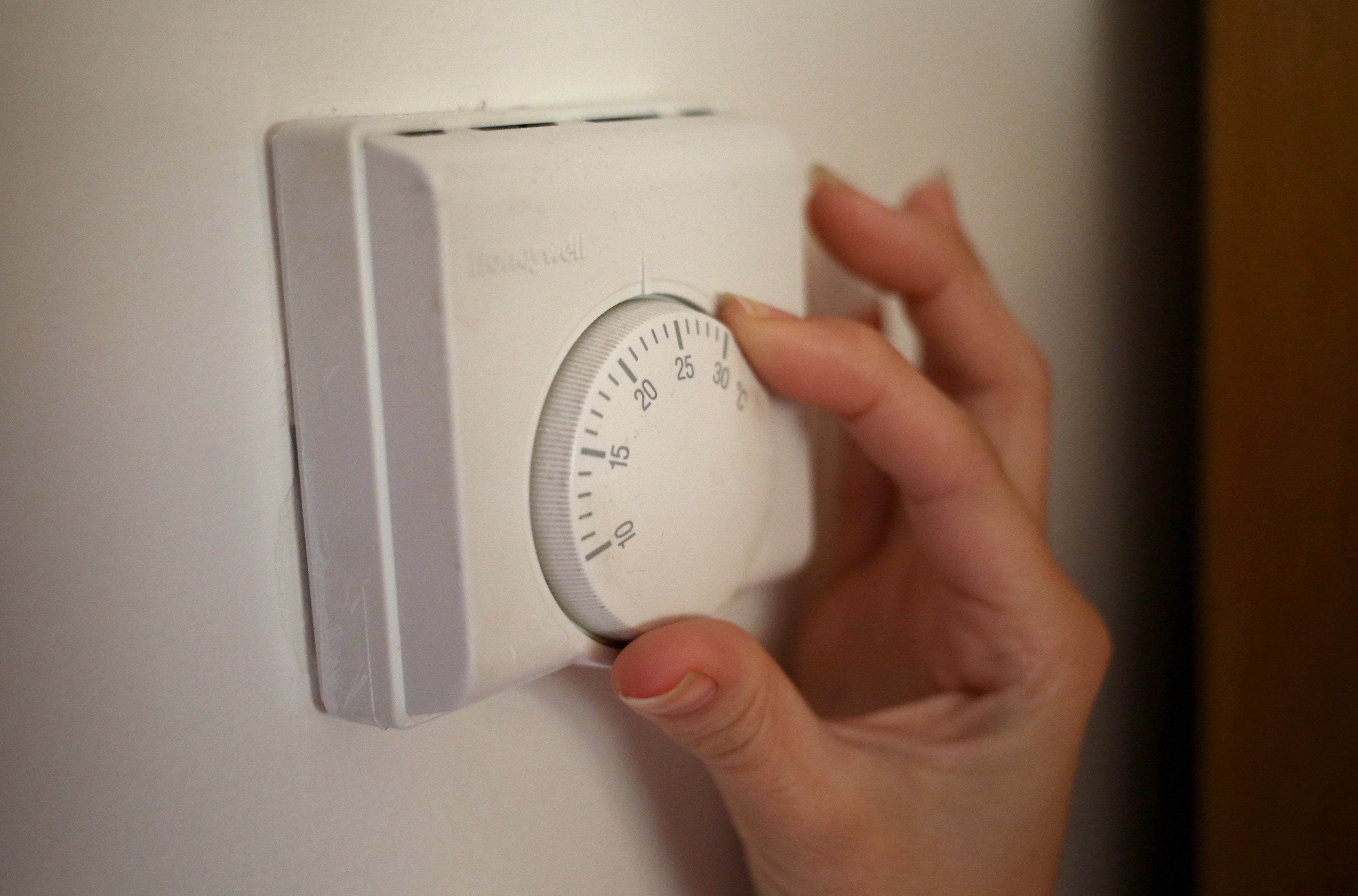Why are gas prices rising and what will it mean for households and energy firms?
Gas prices hit an all-time high on Wednesday

Your support helps us to tell the story
From reproductive rights to climate change to Big Tech, The Independent is on the ground when the story is developing. Whether it's investigating the financials of Elon Musk's pro-Trump PAC or producing our latest documentary, 'The A Word', which shines a light on the American women fighting for reproductive rights, we know how important it is to parse out the facts from the messaging.
At such a critical moment in US history, we need reporters on the ground. Your donation allows us to keep sending journalists to speak to both sides of the story.
The Independent is trusted by Americans across the entire political spectrum. And unlike many other quality news outlets, we choose not to lock Americans out of our reporting and analysis with paywalls. We believe quality journalism should be available to everyone, paid for by those who can afford it.
Your support makes all the difference.Gas prices have been soaring over the last year, and earlier this week were trading at around six times the levels they were at in January.
It has put pressure on businesses and will squeeze householders turning on their gas heating over the winter.
– Why has there been a surge in gas prices?
There is not one single cause for the shortage, but people, companies and countries generally are having to compete with each other to buy up gas.
Last year countries in Europe and Asia burned through a lot of their gas reserves to heat homes during the long winter.
They have therefore had to go back and buy gas to fill up again, which increases demand and pushes up prices.
Demand is also high as the world comes out of successive lockdowns and businesses try to make up for lost time – many will need lots of gas for this.
Meanwhile, gas production is also lower, and the weather was less windy over the summer – meaning more gas was burned for electricity.
Between them, many of these factors have increased demand and reduced supply, a situation which will almost always lead to higher prices.
– What impact will this have on households?
Energy bills will go up, even if you are in the minority of people in the UK who lives in a home without gas heating or cooking facilities, as around 40% of the UK’s electricity needs are still met by burning gas at power stations.
So both gas and electricity bills are likely to rise, although of course more so for gas bills.
At the moment the price cap on energy bills is protecting around 14 million households from shouldering the worst of the burden.
But next April the price cap, currently at £1,277, might be raised to £1,559 to take into account the soaring gas price, according to experts.
This will squeeze many households across the UK.
– What impact will this have on businesses?
Businesses are less heterogeneous than households, so different companies will be affected in different ways.
Most immediately, companies that supply energy to households are being squeezed in an unprecedented way.
A dozen of them have already gone out of business this year, with many more predicted to follow before Christmas.
They have often promised to sell gas and electricity to customers at a fixed price for a year or sometimes longer.
When customers signed those contracts, the gas price was lower than it is today. Now the gas price has overtaken the contracts, meaning suppliers could have to buy gas for more than they can charge for selling it.
Some have taken out insurance by buying this gas a year ahead of time – these companies are generally fine at the moment. But others have not and are struggling to stay afloat.
However, other businesses are also being hit, with many manufacturers relying on gas to run heavy machinery.
On Thursday, the paper industry sounded a warning that the cost of energy could hit toilet paper and food packaging prices.
There are also concerns over potential production shutdowns in other industries, including ceramics.